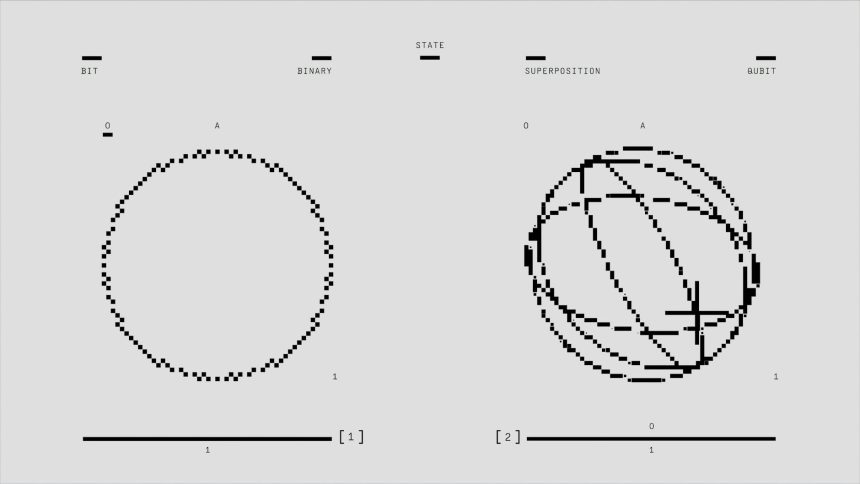purpose-of-philosophy
Purpose of Philosophy: 5 Ways It Unlocks Modern Mysteries
Have you ever pondered the fundamental questions of existence? In a world increasingly dominated by scientific advancements and rapid social change, it’s easy to lose sight of the deeper currents that shape our reality. Yet, the purpose of philosophy remains as vital as ever, offering a unique lens through which to comprehend everything from the baffling nature of quantum mechanics to the ethical dilemmas posed by artificial intelligence, and even the complexities of human relationships and societal movements. This article will explore how philosophy serves not merely as an academic pursuit, but as an indispensable tool for navigating the intricate tapestry of modern life.
Unpacking the Core: What is the Purpose of Philosophy?
At its heart, philosophy is the relentless pursuit of wisdom. It’s an ancient discipline that encourages critical thinking and systematic inquiry into fundamental questions about existence, knowledge, values, reason, mind, and language. Historically, it was the mother of all sciences, giving birth to physics, psychology, and sociology before they branched off as distinct fields. Today, its role is less about providing definitive answers and more about sharpening our capacity to ask better questions and understand the nuances of complex issues.
Beyond the Ivory Tower: Philosophy’s Reach into Modern Life
Far from being an abstract academic exercise, philosophy deeply infiltrates our daily lives. It shapes our ethical frameworks, influences our political systems, and helps us make sense of personal experiences. Its practical applications are manifold, fostering essential skills for navigating a rapidly evolving world.
- Critical Thinking and Problem Solving: Philosophy trains the mind to analyze arguments, identify fallacies, and construct coherent reasoning, skills invaluable in any profession or personal challenge.
- Ethical Navigation in Complex Worlds: It provides frameworks for moral decision-making, crucial for confronting dilemmas in technology, medicine, and social policy.
- Understanding Human Nature and Society: Philosophical inquiry delves into the very essence of what it means to be human, exploring consciousness, free will, and our place within social structures.
Exploring Reality: From Quantum Mechanics to AI Ethics
Modern science and technology often present philosophical challenges that extend beyond empirical data. Philosophy steps in to interpret the implications, question assumptions, and guide our understanding of these profound shifts.
The Philosophical Lens on Quantum Mechanics
Quantum mechanics, with its strange principles of superposition and entanglement, challenges our classical understanding of reality. Philosophers engage with questions of determinism versus free will, the nature of observation, and what these scientific discoveries imply about the fundamental structure of the universe. It’s a field where the limits of scientific explanation often lead to deep philosophical contemplation about the very fabric of existence. For more on these complex interpretations, the Stanford Encyclopedia of Philosophy offers extensive insights.
Navigating the AI Revolution: Philosophical Imperatives
The rapid advancement of artificial intelligence (AI) brings with it unprecedented ethical and existential questions. Philosophy is crucial in shaping our response to AI, ensuring that technological progress aligns with human values and societal well-being. It compels us to consider the long-term impacts of creating intelligent machines.
- Defining AI Morality: How do we imbue AI with ethical guidelines? What constitutes a “good” or “bad” decision for an autonomous system?
- Addressing Bias and Fairness: Philosophers analyze the inherent biases in AI algorithms, pushing for systems that are equitable and just for all.
- Contemplating AI’s Impact on Human Identity: As AI becomes more sophisticated, what does it mean for human consciousness, creativity, and our unique place in the world? For ethical considerations in AI, the BBC Ethics site provides valuable perspectives.
Societal Reflections: Love, Work, and Justice through Philosophy
Beyond science and technology, philosophy offers powerful tools for understanding the intricacies of human relationships, societal structures, and our individual roles within them.
The Philosophy of Love and Desire
What is love? What constitutes ideal relationships? Philosophy delves into the complexities of human connection, desire, and intimacy, exploring themes that range from ancient Greek conceptions of eros and agape to contemporary discussions on gender, sexuality, and the pursuit of happiness in relationships. It helps us articulate and understand the emotional landscapes that define our personal lives.
Work, Purpose, and the Philosophical Critique of Workaholism
In a world that often glorifies relentless productivity, philosophy invites us to question the true meaning of work. Is it merely a means to an end, or can it be a source of purpose and fulfillment? Philosophical critiques of modern work culture, including phenomena like workaholism, encourage us to re-evaluate our values, seeking a balance that prioritizes well-being and genuine contribution over mere output.
Social Justice and Historical Understanding: Lessons from Inca Society and Me Too
Philosophy provides frameworks for analyzing power structures, justice, and societal change. Examining historical societies, such as the Inca, through a philosophical lens can reveal insights into their ethical systems, governance, and communal values. Similarly, contemporary movements like Me Too prompt philosophical discussions about consent, accountability, social norms, and the ongoing struggle for justice and equality, urging us to critically assess and reshape our collective moral landscape.
Why Philosophy Matters: A Call for Deeper Understanding
Ultimately, the enduring **purpose of philosophy** is to help us live more thoughtfully, ethically, and meaningfully. It is an invitation to engage deeply with the world and our place within it.
Cultivating Wisdom in a World of Stupidity
In an age saturated with information yet often lacking in discernment, philosophy acts as an antidote to intellectual laziness and superficiality. It challenges us to confront our own biases, question received wisdom, and cultivate a nuanced understanding, thereby helping us navigate what might be perceived as societal “stupidity” by fostering genuine wisdom.
The Enduring Quest: Philosophy’s Continuous Evolution
Philosophy is not a static body of knowledge but an ongoing, dynamic inquiry. It continuously adapts to new discoveries, societal shifts, and human challenges, ensuring its relevance for generations to come. It’s a journey of self-discovery and collective understanding that never truly ends.
The **purpose of philosophy** is not to give us definitive answers, but to equip us with the tools to ask better questions, to think critically about our existence, and to navigate the complexities of life with greater clarity and ethical consideration. It encourages us to look beyond the surface, to challenge assumptions, and to forge a deeper, more meaningful connection with ourselves and the world around us. Dive deeper into these profound questions and join the ongoing philosophical discourse.
philosophy modern world AI quantum diverse concepts ethics society
Featured image provided by Pexels — photo by Google DeepMind









